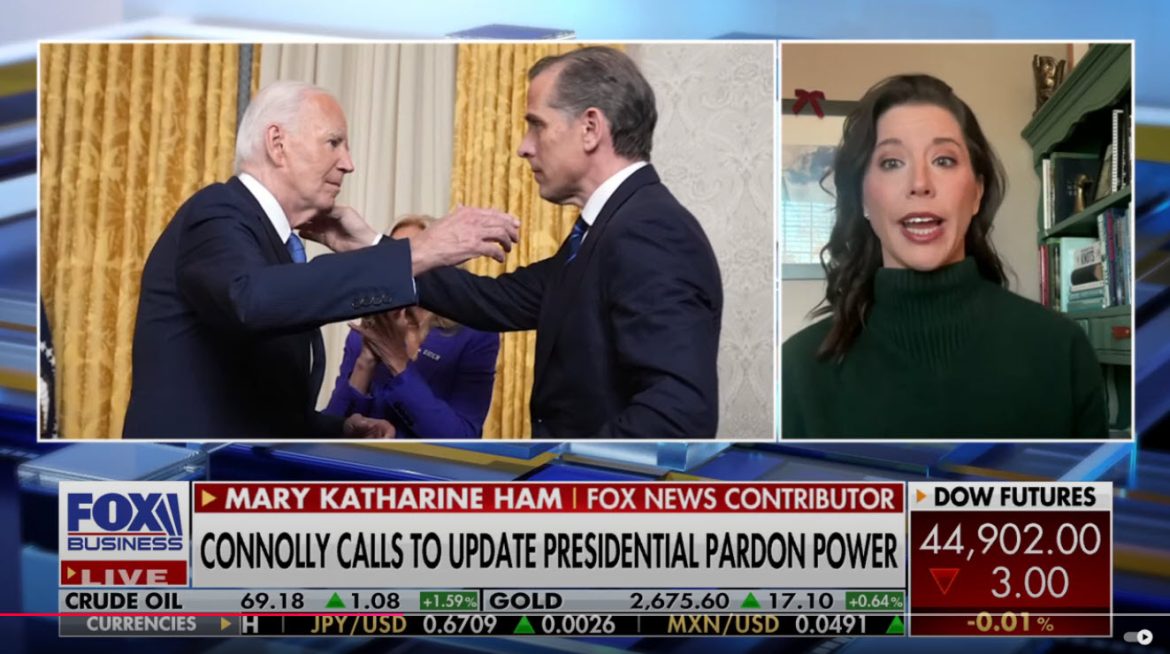President Joe Biden’s recent decision to pardon his son, Hunter Biden, has ignited a firestorm of bipartisan criticism and raised concerns about the impartiality of the justice system. Hunter Biden faced convictions earlier this year for federal gun and tax offenses. The pardon, announced over the Thanksgiving weekend, marks a significant departure from President Biden’s previous assurances that he would not interfere in his son’s legal matters.
In a formal statement, President Biden justified the pardon by asserting that Hunter was “selectively, and unfairly, prosecuted” due to their familial relationship. He emphasized that political pressures had compromised the integrity of the justice system, compelling him to take this extraordinary step. The pardon encompasses all federal offenses Hunter Biden may have committed between January 1, 2014, and December 1, 2024.
The political ramifications of this decision have been swift and intense. President-elect Donald Trump condemned the pardon as a “miscarriage of justice” and suggested it could set a precedent for granting clemency to individuals involved in the January 6 Capitol riot. Trump’s legal team has already filed a motion to dismiss his own hush money case, citing the Hunter Biden pardon as evidence of political bias within the justice system.
Criticism has also emerged from within the Democratic Party. Some members express frustration that the pardon undermines their stance on upholding the rule of law and could erode public trust in the legal system. Colorado Governor Jared Polis, for instance, voiced disappointment, suggesting the move sets a harmful precedent.
Legal experts warn that this action may embolden future presidents to use their pardon powers for personal or political gain, potentially compromising the perceived independence of the judiciary. The sweeping nature of the pardon, covering an extensive period, has drawn comparisons to the clemency granted to former President Richard Nixon.
The White House maintains that the pardon was a necessary response to what it perceives as a politically motivated prosecution. Press Secretary Karine Jean-Pierre stated that President Biden struggled with the decision but ultimately believed it was the right course of action to protect his son from unjust treatment.
The gun case against Hunter Biden has officially concluded. Although Biden’s defense attorneys requested a dismissal, the judge upheld the jury’s guilty verdict and confirmed that all proceedings in the case are now terminated. Hunter Biden had been convicted of illegally purchasing a firearm while under the influence of drugs. President Biden granted his son a sweeping pardon, which not only absolves him of the gun charges but also covers his tax evasion case and any other offenses committed over an eleven-year period starting in January 2014.



